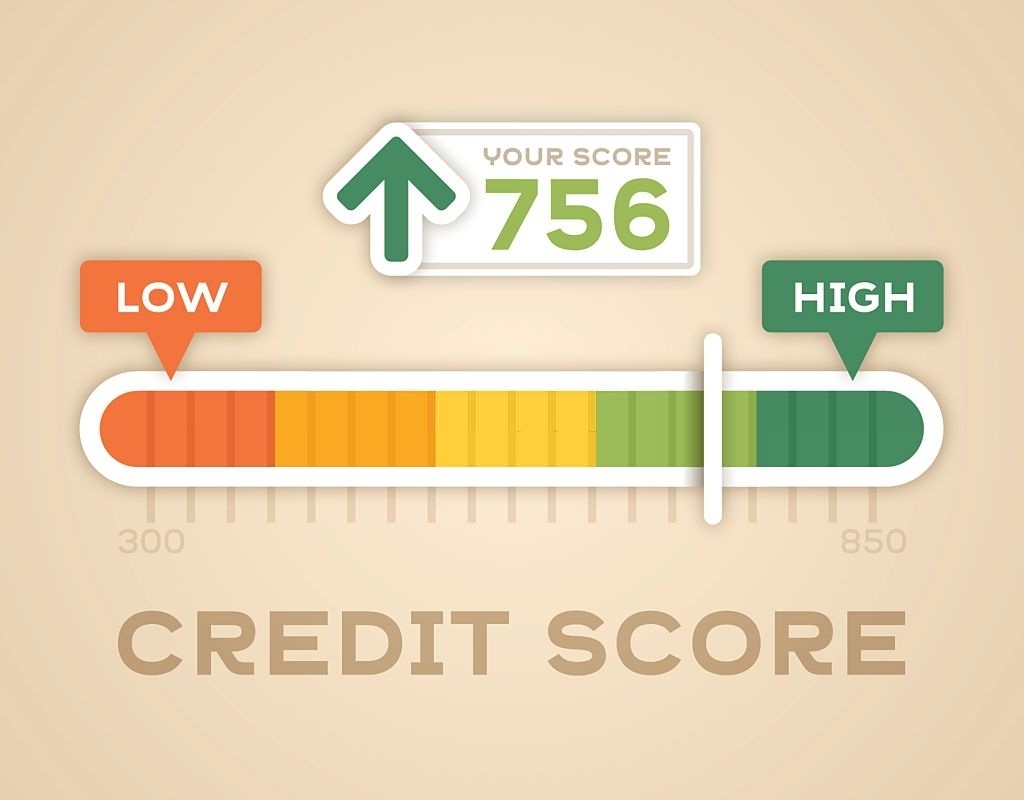Are you looking to apply for a loan to get out of debt? Before doing this, know that it is very important to know how to increase your credit score.
That’s because, by following some simple and efficient tips, you can increase your chances of being approved for a loan, credit card, among other requests for financial products and services.
What’s more, even if your score is already high, that doesn’t mean you can’t improve it over time.
Therefore, in this article, you will learn the main tips to increase your credit score.
Credit file analysis
You should know your credit score before attempting to improve it. Knowing your credit level is necessary to make informed decisions regarding your credit rating. To do this, you can apply to TransUnion or Equifax Canada. It costs around $25 to check your credit score from TransUnion. However, as a Borrowell customer, you can see your Equifax credit report monthly for free online
Looking for how to increase your credit score? Try following the tips below.
1. Pay your bills on time
Paying your bills on time increases your chances of getting more credit from lenders.
So keep track of all your debts to pay them on time. An excellent way to do this is using financial control applications.
After all, you can manage everything that goes in and out of your pocket through these tools. One such tool is Moneyspire.
2. Have more accounts in your name
Another way to make your credit score better is by making it easier for financial institutions to “map” your financial behavior. For this, you need to make transactions, which means having more accounts in your name.
Using your credit card strategically, for example, will make you have financial transactions recorded. If you keep all accounts up to date, your score will be increased.
It is also interesting to try to have other accounts in your name that help to demonstrate your ability to pay. In addition to building a stronger track record, it’s a way to improve rankings.
3. Limit how often you apply for new credits
The constant request for credit is seen as a warning sign in most bureaus. If you apply for several cards at the same time or insist on a loan several times, it may seem that your financial life is not going well. As a result, your risk presented is higher, and your score suffers.
So, be careful with the number of requests you make in a given period. Above all, it is a way to help your financial organization, as it prevents you from having more solutions than you can afford.
4. Keep data up to date
In many bureaus, the “date” of your data impacts credit. The reason is simple: all information counts for credit analysis, from getting married to the change in contact methods. Therefore, those who have outdated data see their credit score getting lower.
To avoid mistakes, it is worth checking what information is presented to the bureaus and updating it, if necessary. Thus, you prevent various problems from occurring and even increase your credit score.
5. Track the indicator
The more you know about your financial life, the easier it is to manage it. Therefore, it is highly recommended to carry out a complete follow-up on this indicator.
The tip is to do a check every week or every month. Write down the values to record and see how the variation of your “credit forecast” is going. Doing this is important to identify a drop and thus notice that an account needs attention.
It is also a way to devise new strategies to increase your score and thus achieve the desired results.
In conclusion
Increasing your credit score is not a set process. You can improve your credit score over time, depending on the steps you’re taking to do so.


